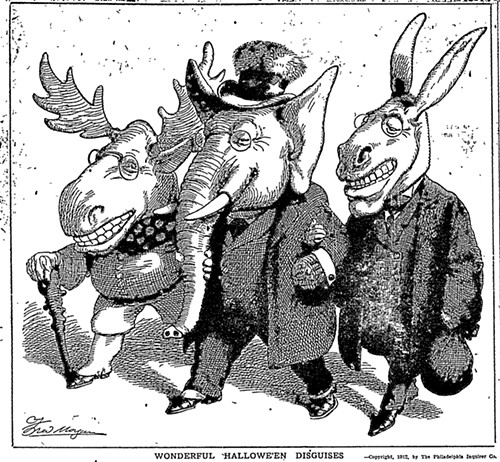The show kicks off with Steve Gill, attorney and CEO of Gill Media to discuss a possible Trump indictment.
The Final Countdown – 7/25/23 – Barbenheimer Opens Big as Hollywood Strikes Rage
The show kicks off with Steve Gill, attorney and CEO of Gill Media to discuss a possible Trump indictment.

